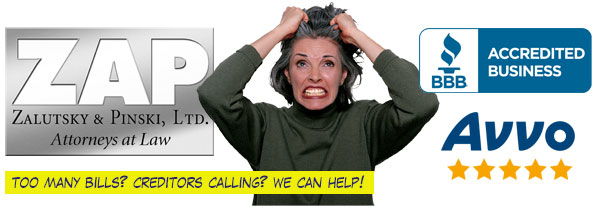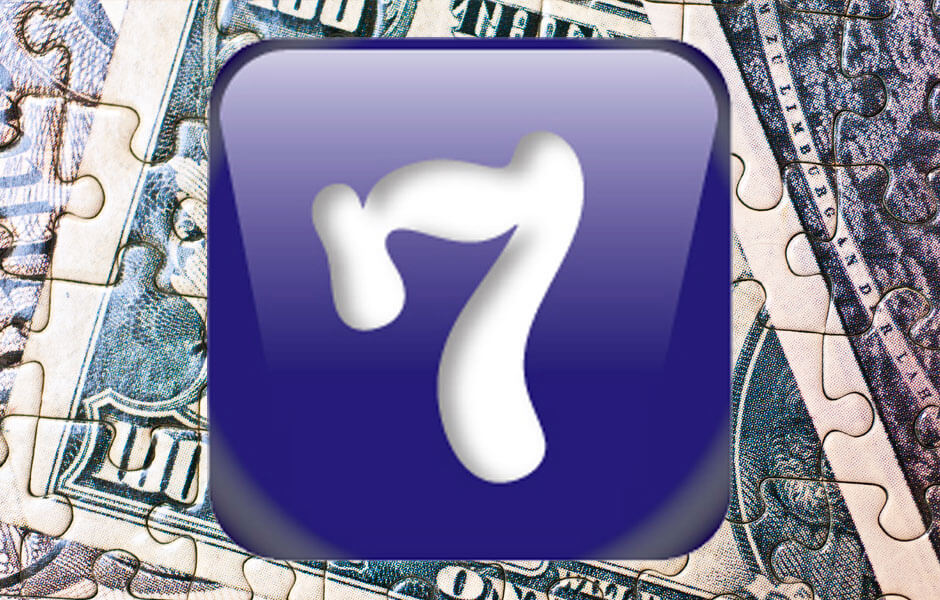Chapter 7 Bankruptcy Attorneys
Chicago, Illinois
The purpose of a chapter 7 bankruptcy is to discharge (wipe out) most debts and allow the debtor a “fresh start.” A person can file a chapter 7 bankruptcy once every eight years.
In a chapter 7 bankruptcy, if you are current on your car loan and home mortgage payments and do not have equity, you can keep both your home and car and discharge most other debts. However, some debts such as court ordered alimony, child support, all student loans, parking tickets, and certain taxes cannot be discharged in a chapter 7 bankruptcy.
There are two types of creditors in bankruptcy: secured and unsecured. A secured creditor is one who has the right to get his property back if he is not receiving payments. Examples of secured debt include: furniture, cars, major appliances, jewelry and homes.
In a chapter 7 bankruptcy, the debtor may be allowed to keep these things by reaffirming these debts for the amount owed or for a lesser amount representing the value of the security, depending on the type of security interest the creditor holds. At your FREE consultation your chapter 7 bankruptcy lawyer will explain the differences.
An unsecured creditor is one who typically does not have the right to get any property back. Examples of unsecured creditors include: credit card bills, most store charges, payday and other personal loans, back rent, and utility bills. However, even if utility bills are discharged, most companies such as the phone, electric, and gas companies will require security deposits to restore service.
Additionally, even if a debt may otherwise be dischargeable, under some circumstances, if a creditor can prove that there was fraudulent activity on your part, the debt may be deemed non-dischargeable. However, these types of situations are infrequent.
The fact that you filed a bankruptcy can stay on your credit history for up to 10 years. This doesn’t mean that you can’t get credit. It means that you have to re-build your credit.
Attorney’s fees in a chapter 7 bankruptcy can be paid in installments in most cases based on each individual budget and are always designed to be affordable.
In a chapter 7 bankruptcy, most debts that are not reaffirmed will be discharged. A discharge means that the debtor never has to pay these bills again.
For further information, call: 312-273-1217 and set up an appointment for a FREE evaluation with a chapter 7 bankruptcy attorney. Call today! What do you have to lose?
Useful Bankruptcy Links
- Chapter 7 Bankruptcy Links
- Bankruptcy Related Organizations
- Bankruptcy Notice Links
- Credit Report Links
- ZAP Law Office Directory
- Information Useful at Initial Consultation
What’s the Difference Between Chapter 7 and 13
Locations: Chicago Loop | Chicago South Side | Joliet | Berwyn | South Holland | Schaumburg | Naperville
FREE
Phone or Virtual Consultations!
In 10 Minutes, Have Your:
- DEBT-FREE OPTIONS
- Free Experian™ “Soft Pull” Creditor List*
- Free Credit Score*
- Free NADA Vehicle Value




